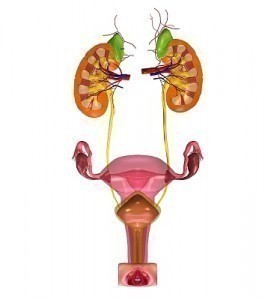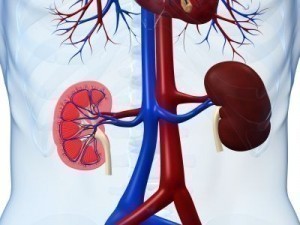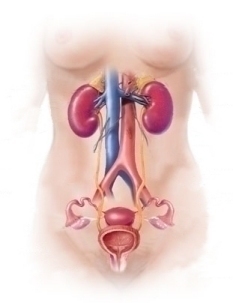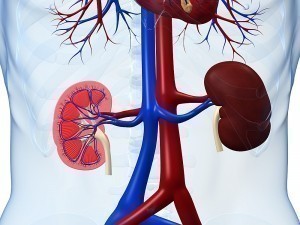Kidney Disease
Definition of Kidney Disease
Kidney disease refers to any disease that impairs kidney function. It is the ninth leading cause of death in the United States and is often associated with diabetes and high blood pressure.
Causes of Kidney Disease
Kidney function can be hindered by other diseases that may affect the blood vessels, specifically: high blood pressure, artherosclerosis and diabetes. The kidney’s are also susceptible to damage from other diseases and infections within the body. There are over a hundred conditions that can lead to the deterioration of the kidney. The following represents a few of these conditions.
Infections
It is possible for infections such as Urinary tract infections to spread beyond the urinary tract into the kidney. The kidney can also be infected from other infections in other areas of the body for example a streptococcal infection, a bacterial infection from the heart or a skin infection such as impetigo which can travel through the blood stream and affect the kidneys.
Obstructions
If the urinary tract is blocked by a tumour, an enlarged prostate, kidney stone(s) or an expanding uterus during pregnancy this can cause infection within the kidney because or the accumulation of urine that occurs.
Glomerular diseases
Glomerular diseases will invade the blood filtering units of the kidneys. Glomerular disease is often the result of diabetes and high blood pressure. Diseases such as these are generally responsible for many instances of kidney failure.
Other causative factors that may affect kidney function
- Severe blood loss or a reduction in blood flow within the body.
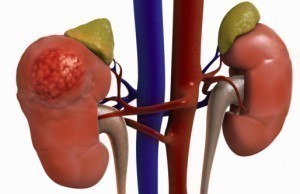
- Extreme dehydration.
- A serious infection of the heart.
- Aortic and heart surgery.
- Heart Failure.
- Kidney Cancers for example Wilms tumour and renal cell carcinoma.
- Cancers of the urinary system.
Symptoms
Kidney disease generally begins as a silent condition. It may be asymptomatic for a lengthy period or may elicit symptoms that do not appear serious or that can be easily overlooked as something less critical. It is therefore important to be tested for possible kidney problems with urine tests that will test the urine for irregular chemical levels within the blood specifically blood urea nitrogen and creatinine. Subsequently these tests may identify early signs of kidney degeneration. There are some symptoms that may be discernible once the kidney begins to deteriorate. Once these symptoms manifest medical assessment is necessary. The symptoms will include but may not necessarily be limited to:
- Oedema or swelling which may be evident around the eyes or in the face, abdomen, wrists, ankles and thighs.
- Pain in the middle of the back just below the ribs where the kidneys are positioned.
- Discoloured urine that may be foamy, coffee coloured or bloody
- Experiencing some issues when urinating, particularly a burning sensation, frequent urination especially at night or an abnormal discharge when urinating
Treatments
Treatment will depend on the kidney disease that manifests. Once the disease is diagnosed early, treatment is usually more effective and will lead to a better prognosis. Drug therapy, dietary alterations and restrictions, and surgery are some of the more common methods available for treatment. If the kidneys have deteriorated significantly a dialysis machine may be used to perform the filtration function of the kidney. A kidney transplant may be performed if the kidney’s have been extensively damaged. If diabetes and high blood pressure are the factors causing kidney impairment then they will have to be controlled with the required course of treatments.
For more information on Kidney Disease read:

